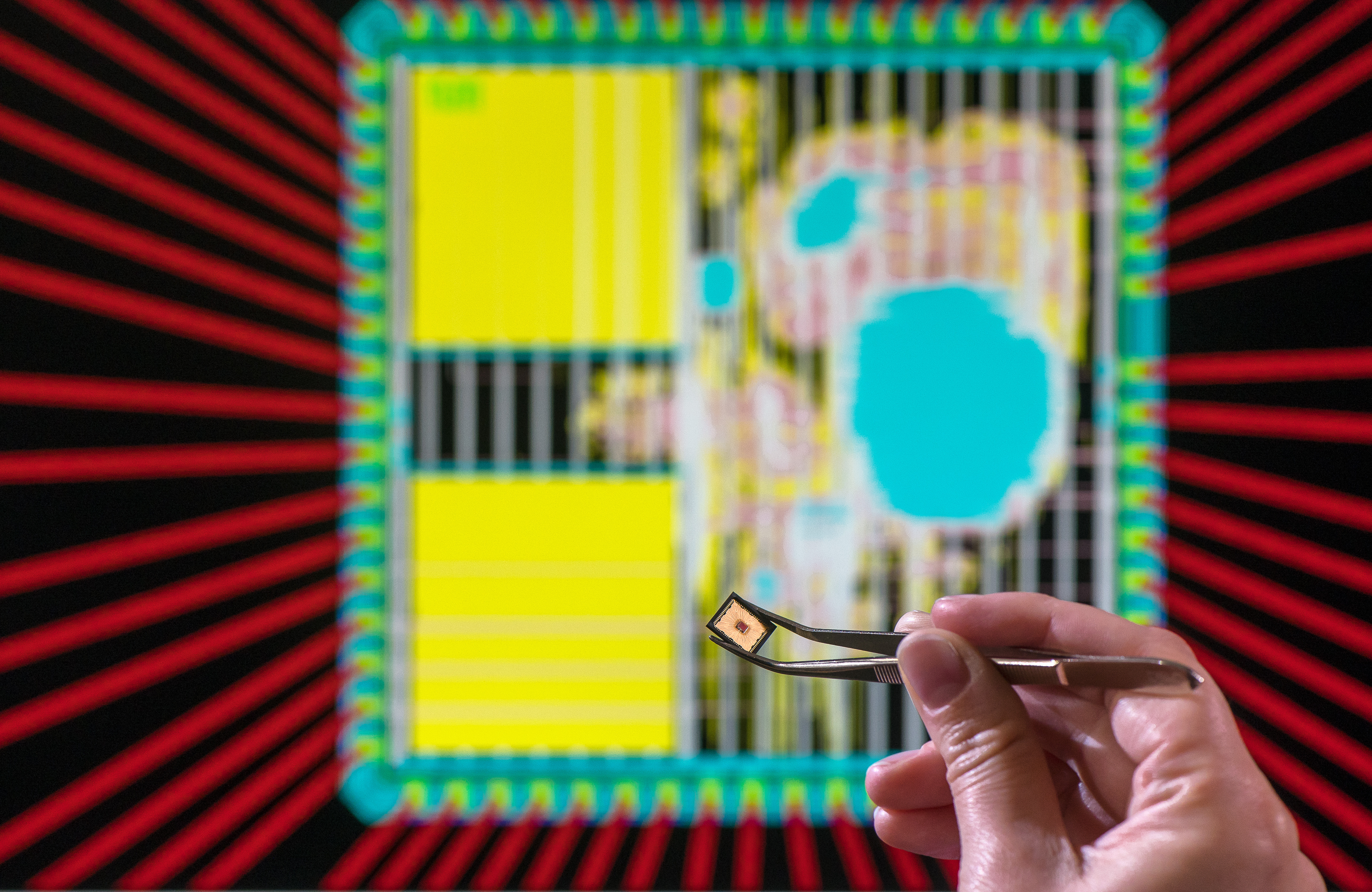IBM is quietly working on making quantum computing more useful
Quantum computing is currently pretty limited - but IBM wants to change that

Quantum computing, the next wave of computational power, is a little limited right now. Don't just take that from us: IBM itself has said so in a research paper that proposes a method for increasing the applications available for quantum power.
"Quantum computers are promising for simulations of chemical and physical systems, but the limited capabilities of today’s quantum processors permit only small, and often approximate, simulations," says IBM in its paper.
The solution, the company says, is to combine classical and quantum computing power, a process called "entanglement forging". If successful, the system can double the size of the available quantum computations.
Quantum leap
To prove its usefulness, IBM simulated 10 spin orbitals of the water molecule on five qubits (quantum bits) of its quantum computer, which is says is the "most accurate variational simulation of the H2O ground-state energy using quantum hardware to date". IBM's quantum computer has 27-bits, so using only five shows how much spare capacity there is to be used.
IBM's example is incredibly technical and detailed – it's worth reading the full paper if you want to get into it all – but the most interesting takeaway is that the company is exploring pairing classical and quantum computing power to help one enhance the other.
"We demonstrate the method in a simulation of the ground state of the water molecule, using five qubits to simulate ten spin orbitals," says IBM. "The quantum processor repeatedly prepares and measures a state representing either the spin-up or spin-down electrons, and the results are combined with classical parameters defining the entanglement to compute the energy of the state."
Quantum is only in its infancy and could represent the next stage of processing power. In simple terms, quantum computing moves beyond binary processing (where everything is either a one or zero) and can allow for states in between those two poles, making the eventual computer more powerful in the process. Or, at least, that's the goal.
Are you a pro? Subscribe to our newsletter
Sign up to the TechRadar Pro newsletter to get all the top news, opinion, features and guidance your business needs to succeed!
- Here's the best cloud storage around today
Via The Register
Max Slater-Robins has been writing about technology for nearly a decade at various outlets, covering the rise of the technology giants, trends in enterprise and SaaS companies, and much more besides. Originally from Suffolk, he currently lives in London and likes a good night out and walks in the countryside.